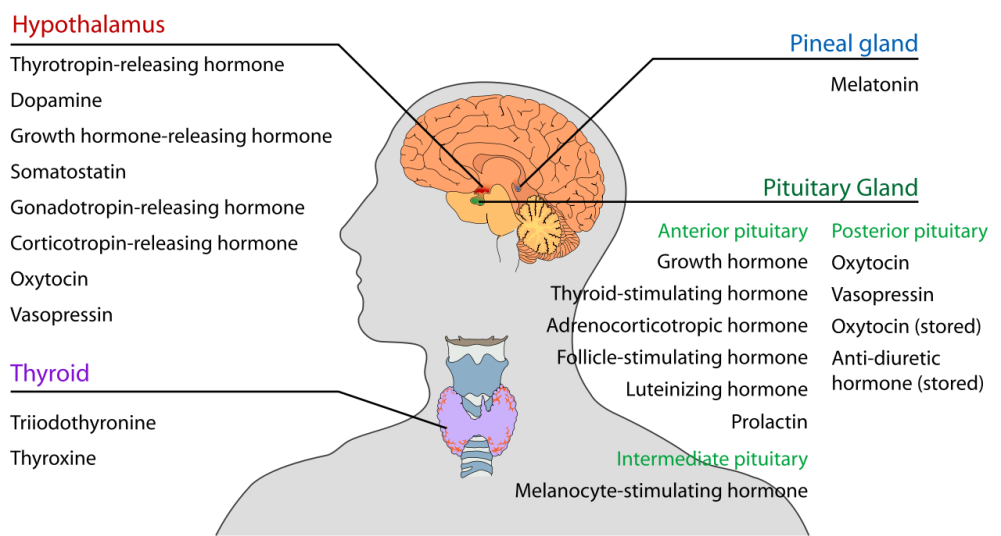Skull Base
Surgery Conditions
Pituitary Tumours
The pituitary gland is a small but complex part of the brain as it affects many different body functions. Because of its intricate position behind the eyes and below the front of the brain and the important function it performs, treating it requires a high level of expertise.
The Neuro-Otologic surgeon of Adventis ENT works closely with Endocrinologists, Neurologists and Neurosurgeons who focus exclusively for pituitary tumour treatment and other related disorders. We deliver comprehensive care you need, combined with advanced technology.
What is Pituitary gland?
A pituitary tumour is an abnormal growth of cells in the Pituitary gland. Some pituitary tumours result in increased levels of hormone production that affect body functions (Secreting tumours). While some pituitary tumours do not cause increased hormone secretion from the pituitary gland (Non Secreting). Most of these are non-cancerous (benign) formations (adenomas) which don’t spread to other parts of the body.

Symptoms
Most of the pituitary tumours may not cause many symptoms. Those tumours which cause increased production of hormones (Secreting tumours) cause symptoms linked to hormones they produce. Alternatively, some pituitary tumours result in a decreased production of hormones.
Such symptoms may include:
- Nausea Vomiting
- Excess Urine production
- Fat accumulation
- Muscle and Bone weakness
- Facial swelling
- Fainting or weakness
- Loss of menstrual period
- Sexual dysfunction
- Increased blood pressure
- Sudden weight loss or weight gain
- Increased blood sugar
- Enlarged hands and feet
- Coarse skin and hair
Those tumours which do not cause excess hormone production, can grow to a large size , and are called macroadenomas. A non-cancerous macroadenoma of the pituitary gland can press on nerves or parts of the brain. This may lead following signs for a pituitary tumour in the body:
- Blurring or double vision
- Loss of vision
- Headaches
- Dizziness
Diagnosis for a pituitary tumour
If you experience any of the above symptoms, you may seek the opinion of a Specialist Adventis ENT expert to diagnose or rule out a pituitary tumour. The doctor will initially examine the patient’s symptoms and causes for a pituitary tumour. Based on the pre-evaluation several tests like MRI and CT scan will be performed by Neuro-radiologists. We will ask for some blood tests to check the hormone levels. Our team works closely with Endocrinologists, Neurologists and Neurosurgeons to facilitate advanced diagnosis for pituitary tumours and to make accurate evaluations, so we can deliver personalized treatment plans for you.
Treatment
Pituitary tumours do not have a single mode of treatment. The treatment depends on patient health conditions and the type of pituitary tumour. Based on the evaluation our team of specialists will suggest a treatment which may involve
- medical management
- chemotherapy
- hormonal medications
- Endoscopic pituitary tumor surgery
- radiation therapy
For more details we advise you to consult our ENT specialist.

